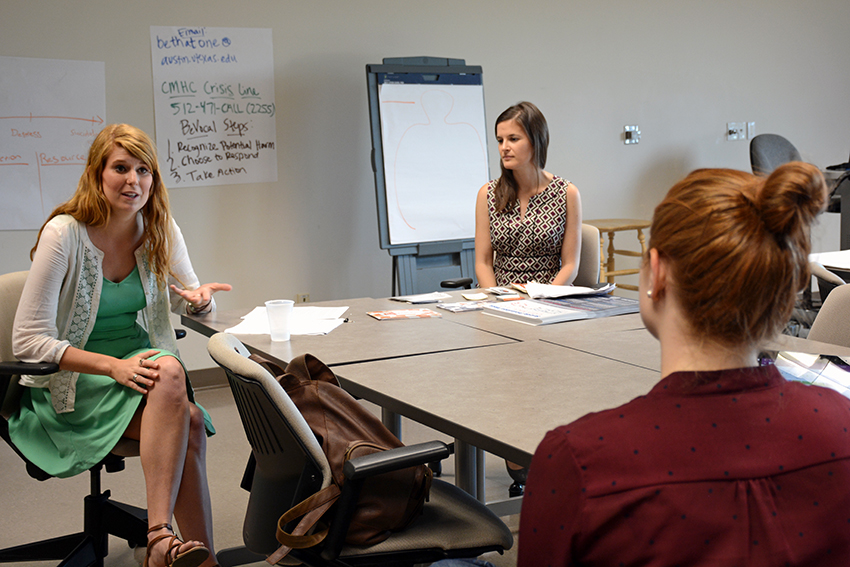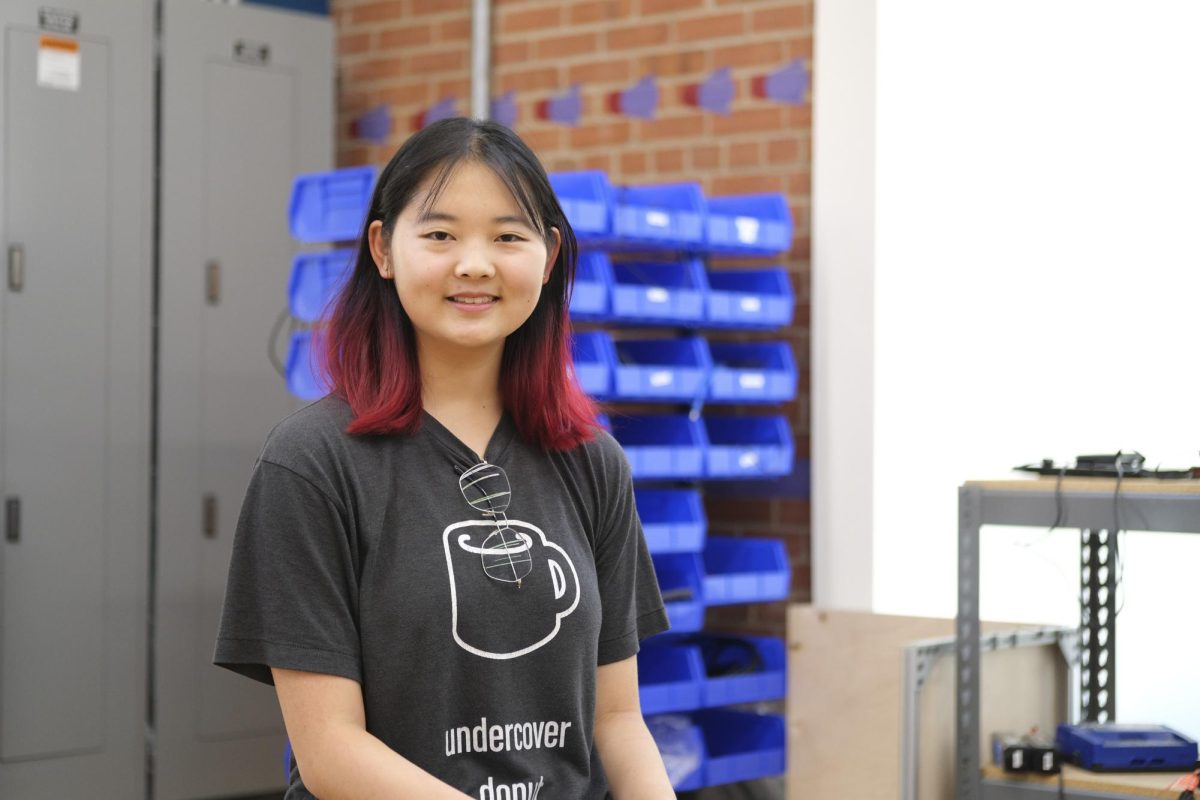When students get hired to become teaching assistants, they complete the same training as all other student employees on campus, from cafeteria workers to library assistants.
This training includes courses on ethics and sexual misconduct prevention, equal employment opportunities and how to keep private information safe on the internet. What TAs don’t complete is mandatory training on how to structure courses or write syllabi.
“Honestly, there’s not much training, if you want the short and sweet of it,” undergraduate teaching assistant Liliana Terry, a computer science senior, said.
The training TAs do receive is often delegated to individual departments. And in some cases, the training falls on the professors themselves, who also carry the responsibility of guiding a class.
Vinicio Sinta, a teaching assistant from Monterrey, Mexico, said the lack of formal training pressures professors to teach international assistants about both American culture and how to do their jobs.
“A mandatory TA training would make things less scary for new TAs, for sure,” said Sinta, a doctoral candidate in the journalism department. “Especially if you’re from a different context, where there are no TAs. TAs are a very American thing. (If you’re from a different country,) you don’t know where to begin.”
Alison Frazier, the graduate adviser in the history department, said she takes special precautions to meet with new TAs throughout the semester to advise and support them. Frazier said this may not be the case across all departments, though.
Some students, such as Steven Gubka, seek out alternative training seminars such as the Student Employee Excellence Development program. The SEED program hosts a series of 32 free workshops, which cover topics such as conflict management and communication skills, that cater to student employees.
“I started coming because I didn’t feel like I got very much training from my department about doing (my job),” said Gubka, a third-year Ph.D. student in the philosophy department. “I was looking for stuff like this to fill in the gaps.”
According to human resources, UT employs over 10,000 students each year. In the fall semester of 2017, 156 students attended SEED workshops.
Sinta said he found workshops like the SEED program helpful, but found little time to attend between work and school.
“When there’s more stuff you have to catch up with, you really need more training,” Sinta said. “It would have made my first few semesters easier, for sure.”





















